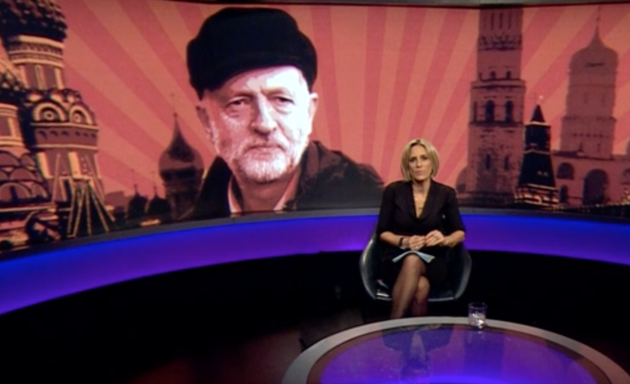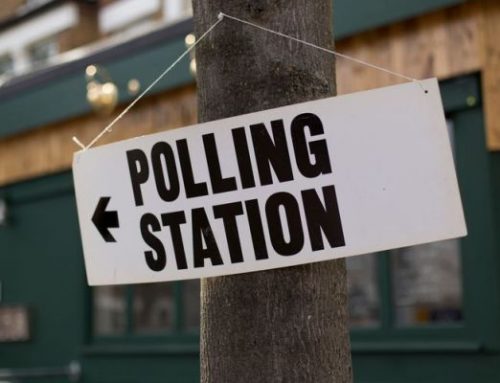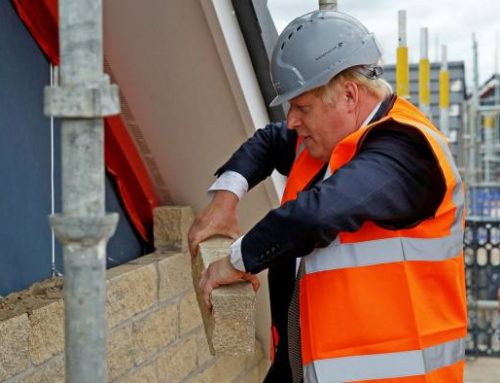We are just six weeks away from the local elections. This year, most eyes will be on London where every seat is up for grabs, although there are elections in a further 119 local councils. The Mayoralties of Hackney, Lewisham, Newham, Tower Hamlets and Watford are also up for election.
Developers have often been caught short by local political shockwaves, but they cannot claim they weren’t warned this time.
Tory fears
Polls show a massive swing to Labour in London, albeit the same pollsters predicted a huge Tory majority at the announcement of a General Election just 12 months ago.
If things do go badly for them, it will be portrayed as a younger, more diverse, internationalist London electorate taking its revenge on a Brexit-backing Tory Government. In truth, the Tory decline has been happening steadily since 2012, the last time the Tories won London. The election results inversely track the increase in house prices over that period. The Party’s failure to tackle the immediate concerns of housing and the cost of living is driving younger voters away.
Expectations on the Tory side are very, very low with many in the Party fearing the loss of the flagship councils of Wandsworth and Westminster to the red team. They also face a battle with the Lib Dems in South West London.
A new left
Not only will eyes be on the Party battle on election night, but also on the internal battles that will follow in the immediate weeks after the election.
The progress of the far-left, Corbyn supporting Momentum movement within the Labour Party has been well documented, most noticeably in Haringey, where an entire band of senior Labour moderates have been systematically removed and replaced by left-wing activists. The deselection of the current Mayor of Newham, Sir Robin Wales, is a further blow to the pragmatic leadership that has successfully delivered regeneration.
Even where the Momentum charge has been less marked, they are increasingly taking control of the internal power structures of local Labour Parties and taking seats within Labour Council groups. This will make things more difficult for sitting councillors over the coming months and years.
Momentum’s far-left approach does not bode well for the development industry. Anti-capitalist, they are hostile towards developers on principle – with little truck for modern Affordable Housing. They desire a government-led, tax-payer funded programme of new social and council housing and are not prepared to accept anything less. Their political instincts are essentially NIMBY-ist and opportunist.
A silent Mayor
With an eye on his future, Sadiq Khan is doing his usual trick of trying to keep everyone happy and offering no challenge to Momentum.
Many see his long-term plan is to ape Boris and use City Hall as a launchpad for the Labour leadership, so he’ll always have one eye on keeping Momentum happy, or at least give them no reason to hate him as he quietly builds his base. We don’t expect him to intervene too much against the radical plans of Momentum run councils.
The final nail in the coffin of Localism
With few allies for its agenda, either in the Tory shires or the increasingly left leaning urban areas, Whitehall becomes increasingly frustrated at the pace of change. It has finally dawned on leading Tories (although few of their local councillors) that if you fail to build homes in adequate numbers for forty years, you will get to the stage where house prices become so excessive you freeze out an entire generation from home ownership – normally a key driver for voting Tory.
In response, a new muscular language is being worked up in Whitehall against incompetent councils and land-banking house builders. It is a government that promises action and promises it now. The rebranded Homes England agency is being beefed up to intervene in failing councils and get things moving from the top.
Eight years ago, the Coalition Government introduced its policy of localism, believing that local empowerment was the answer to our housing crisis. Like so much from that optimistic time, that looks truly dead and buried now.
For someone wanting to map out London’s policy agenda for 2018 – 2022, reading up on the 1980s might give you a good flavour. An unpopular Prime Minister, loony-left councils at war with the government, illegal council budgets, and Development Corporations and national interventions headed up by business leaders.
For the Tories, they will hope that opinion pieces set expectations so low that anything other than meltdown can be hailed a success. They expect that outside London; the results will be better. They will hope that effective expectation management will get them through the weekend after the polls.
But the real impact of Thursday 3rd May maybe nothing to do with psephologists assessments of the health of the main political parties. It could truly usher in a new local politics and a more aggressive political dynamic between our different tiers of government.
The new climate will present both opportunities and challenges. Building public support for development projects is now very deliverable. It is set to become even more important.





